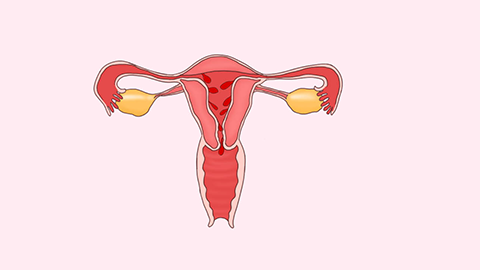Do you need long-term medication for simple endometrial hyperplasia?
In general, whether long-term medication is needed for simple endometrial hyperplasia depends on a comprehensive assessment of the severity of the condition, treatment response, and individual patient factors. Details are as follows:

For patients with mild conditions and no obvious symptoms, if symptoms rapidly improve after standardized treatment and follow-up examinations show the endometrium has returned to normal, long-term medication is usually not necessary. Initially, drugs are commonly used to regulate endocrine function and improve endometrial status. During treatment, regular monitoring is required. If results remain stable over 2–3 consecutive follow-up exams, the medication dose may be gradually reduced and eventually discontinued under a doctor’s guidance. Afterwards, maintaining healthy lifestyle habits and regular follow-ups are sufficient.
For patients with more evident symptoms, recurrent symptoms, or slow recovery after treatment, longer-term medication may be required. In such cases, continuous drug therapy is needed to control endometrial hyperplasia and prevent disease progression. Close attention should be paid to symptom changes and bodily responses during treatment, and the treatment plan should be adjusted based on follow-up results. Only after the endometrial condition has remained stable for a prolonged period should discontinuation of medication be considered.
Medication must be taken strictly as prescribed—do not adjust the dosage or stop taking it without medical advice. Regular gynecological examinations and ultrasound monitoring of the endometrium are essential. Maintain a regular sleep schedule, eat a balanced diet, and avoid excessive fatigue. Seek prompt medical attention if abnormal bleeding, abdominal pain, or other unusual symptoms occur.





